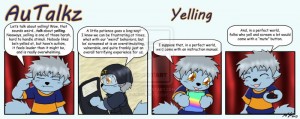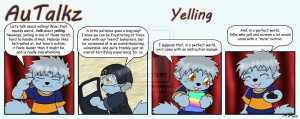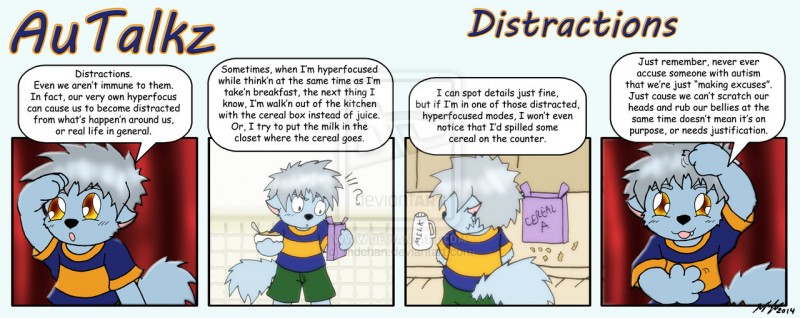Introduction to the Reading Emotions series on Aspergers101
 We all appreciate how useful it is to understand how other people are feeling, yet it’s a skill which is very much taken for granted. For those on the autism spectrum it is not always a natural ability. To help in learning and practice I have compiled a number of examples of people showing emotions – both in real time and slow motion.
We all appreciate how useful it is to understand how other people are feeling, yet it’s a skill which is very much taken for granted. For those on the autism spectrum it is not always a natural ability. To help in learning and practice I have compiled a number of examples of people showing emotions – both in real time and slow motion.
These are not actors and nor are the emotions simple and necessarily easy to detect as sometimes done by actors. This reflects the real world in which we often see a mixture of emotions. After all, we can be puzzled by something and annoyed at the same time, or find something funny, but also embarrassing.
A graduate of Abilene Christian University, Jennifer had a long career in TV Broadcasting. Upon learning her oldest son Sam had a form of Autism called Asperger’s Syndrome, she left her career and became a full-time mother to both of her sons. Jennifer elicited the participation of her family and together they produced several independent programs including a children’s animated series titled Ameriquest Kids, as well as a documentary and book titled, Coping to Excelling: Solutions for School-age Children Diagnosed with High-Functioning Autism or Aspergers Syndrome. She formed the nonprofit Asperger101 to provide on-going free resources related to ASD at Aspergers101.com and has implemented the Texas Driving with Disability Program and continues to grow the statewide initiative today. She and her husband have recently retired to their property in the Texas Hill Country.










